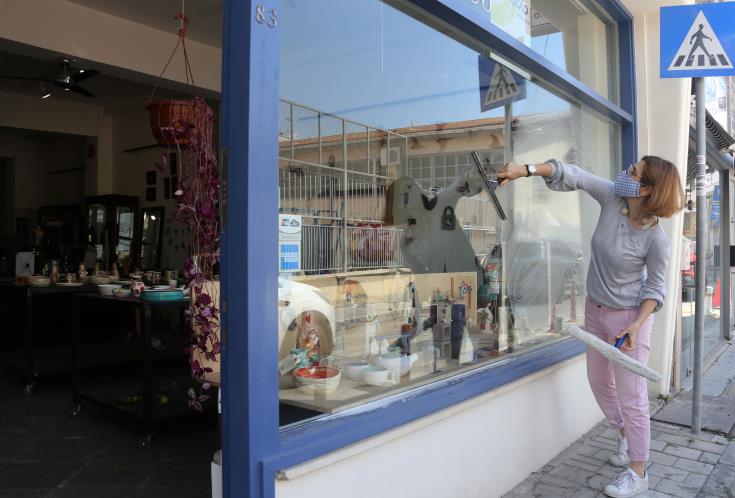The search for alternative finance has taken a new urgency following the collapse of the government’s efforts to pass the bank-loan guarantee legislation, leaving thousands of businesses, big and small, at the mercy of banks.
What businesses need to know is if they are “desirable” or not from the lenders’ perspective. Points in your favour would be good credit history, punctual repayments, free cash flow, gearing and prospects.
The undesirable elements include poor credit history, delays in repayments, operating at a loss, negative cash flow, lack of cash flow and liquidity management, excessive credit provided to debtors and operating in a congested sector with bleak prospects of growth.
Other factors that banks take into consideration is how much collateral a business can post and if the personal guarantees that will be secured from the owner(s) are enough to mitigate the risk.
The higher the risk, the higher the loan cost and the higher the likelihood of rejection.
In the post-Covid-19 environment, the need to find alternative financing has become even more critical.
In contrast to banks, alternative funding providers such as Eurivex Trade Finance have introduced flexible and attractive packages for small to medium-sized enterprises (SMEs) with simplified procedures.
Eurivex is a rapidly growing non-bank institution offering factoring and invoice discounting services to local and overseas companies.
The funding is provided against assignment of the credit invoices without the need to provide personal guarantees or mortgage tangible assets.
The assigned invoice is the only collateral taken into consideration.
Companies only need to supply their latest audited financial statements and management accounts, as well as debtors’ ageing for the initial evaluation after which a funding offer is made with clearly defined terms and conditions, including transparent and competitive pricing.
Invoice protection
Eurivex also provides invoice protection to reduce the risk of customer defaults through credit insurance and its arrangement with Euler Hermes, the global credit insurer providing coverage in Cyprus, Greece and more than 50 countries.
The majority of SMEs have huge exposure to potential bankruptcies of their customers who have piled up debt prior to the Covid-19 pandemic and are now unable to pay their obligations or will potentially be seeking easier credit terms.
A likely relapse of the Covid-19 pandemic in autumn raises a need for financing contingency plans, not only for SMEs but for all companies.
Such a relapse could have a catastrophic impact on businesses and the economy; hence, businesses must be prudent enough to secure extra funding early enough.
The cost of securing such immediate liquidity is negligible when considering that it can save a business without putting additional pressure on the owners.










